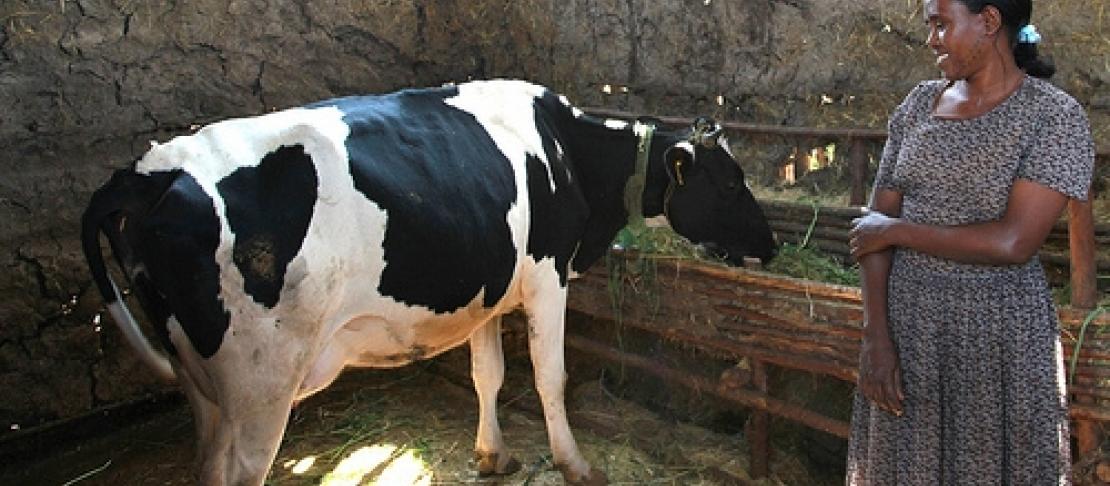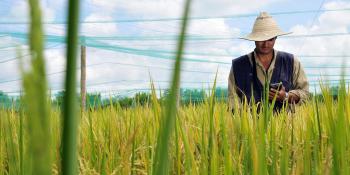Research turns vulnerabilities into strengths for African agro-pastoralists

At a household level, a number of factors influence the nature and degree of people’s vulnerability to the climate change.
A new study by CCAFS amongst agro-pastoralist households in Mozambique has analyzed a variety of indicators normally used in vulnerability assessments to measure the influence of these vulnerability variables on coping capacity within a changing climate.
The study gives us more certainty about the influence that some of these variables have on coping capacity. For instance, income diversification, increasing access to infrastructure and saving, seemed to promote adaptation and are also widely applicable.
The report will help researchers, agro-pastoralists and policy makers make better informed decisions and increase the adaptive capacity of agro-pastoralists, who are among the most vulnerable groups to the impact of climate change and variability in Africa.
An Notenbaert is a Scientist and Stanley Karanja Ng'ang'a is a Research Assistant at the International Livestock Research Institute (ILRI). Click here to read more about CCAFS's work in the East Africa region.



